
Trying for a baby after the pill
The birth control pill is still the most popular contraceptive around, and many women who decide to try to conceive have to deal with stopping its use. Are you wondering...

Checking your cervix to predict ovulation
Ovulation calendars, cervical mucus, charting to conceive, ovulation tests... These are all familiar ways to detect ovulation. But can you tell whether you are fertile just by examining the actual...
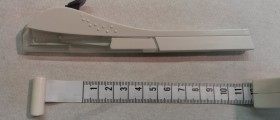
Is Implanon the right birth control method for you?
Implanon is a thin, matchstick like device that is implanted under the skin of a woman's upper arm. There, it emits hormones and prevents pregnancy for three years. Is Implanon...
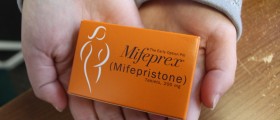
Women have too much faith in contraceptives
If you are on the pill, or use condoms, you can't get pregnant or can you? According to a new study, many women think that contraceptives are more effective than...

Women over 40: IVF may not get you pregnant!
Do you think that you can wait until you are older to try for a baby because if it turns out that you can't get pregnant naturally you can have...
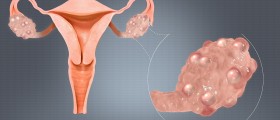
Could you have PCOS?
Polycystic Ovary Syndrome is a reproductive condition that can have a huge impact on a woman's life. PCOS affects a woman's menstrual cycle, but also her insulin and hormones, as...

What is Luteinizing Hormone (LH)?
Luteinizing Hormone is a hormone that plays an important role in the menstrual cycle, and one that can help women find out when they are fertile. Let's take a closer...
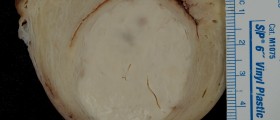
What are uterine fibroids?
Most women have heard of uterine fibroids, because they are fairly common. But what exactly are they? What are the symptoms women with fibroids experience, are uterine fibroids dangerous, and...
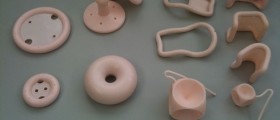
Cervical pessary can prevent premature births
Millions of babies are born prematurely every year, with all the accompanying health risks and often months of intensive medical care. But, according to a team of doctors from Spain...
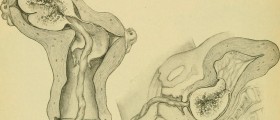
Retained placenta treatment options
A retained placenta is a complication following childbirth. As the name suggests, a retained placenta means a placenta that doesn't come out of the uterus after a woman gives birth...

